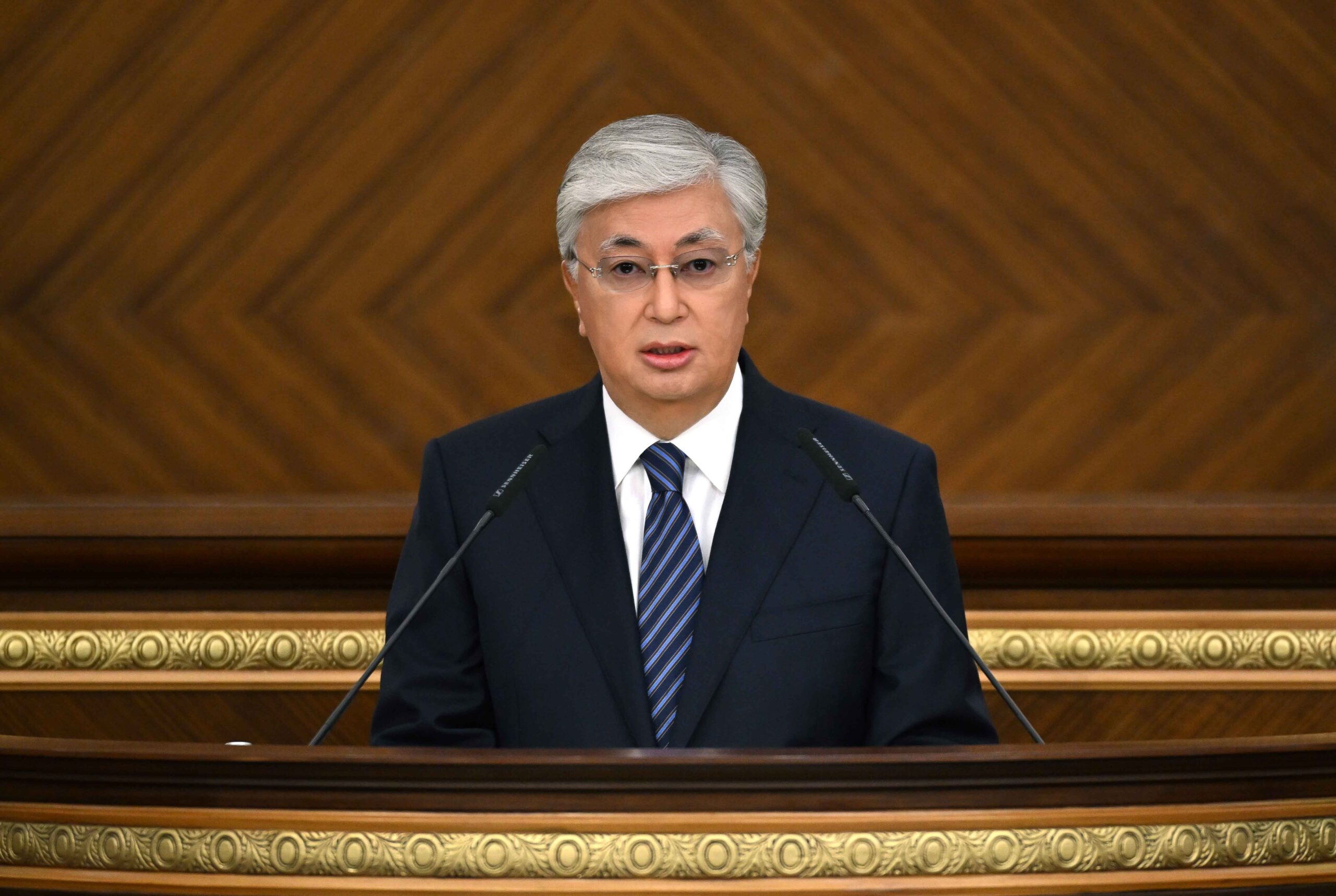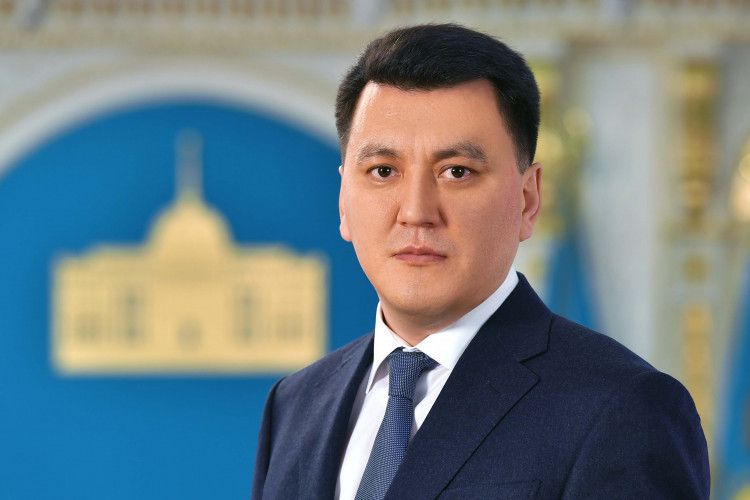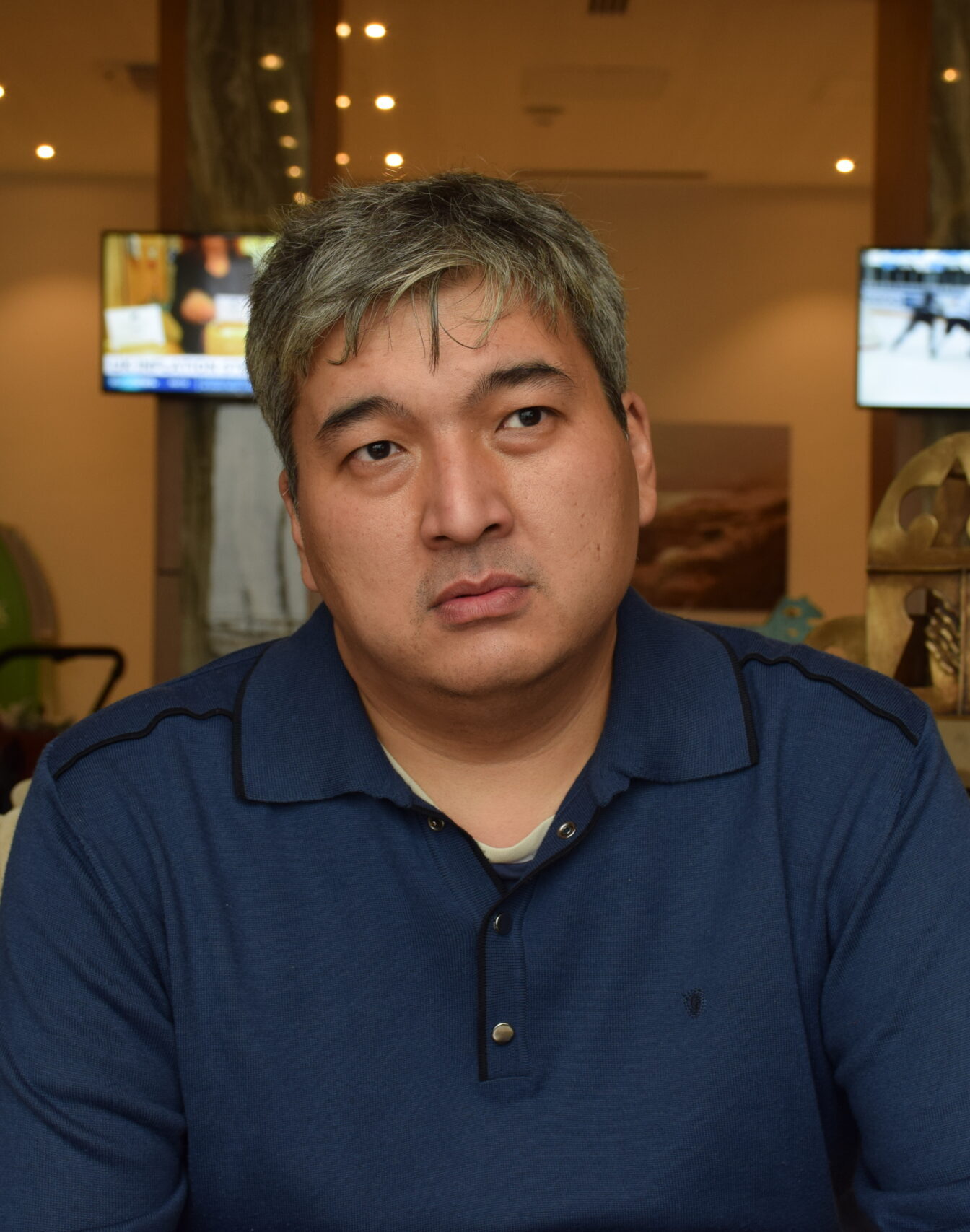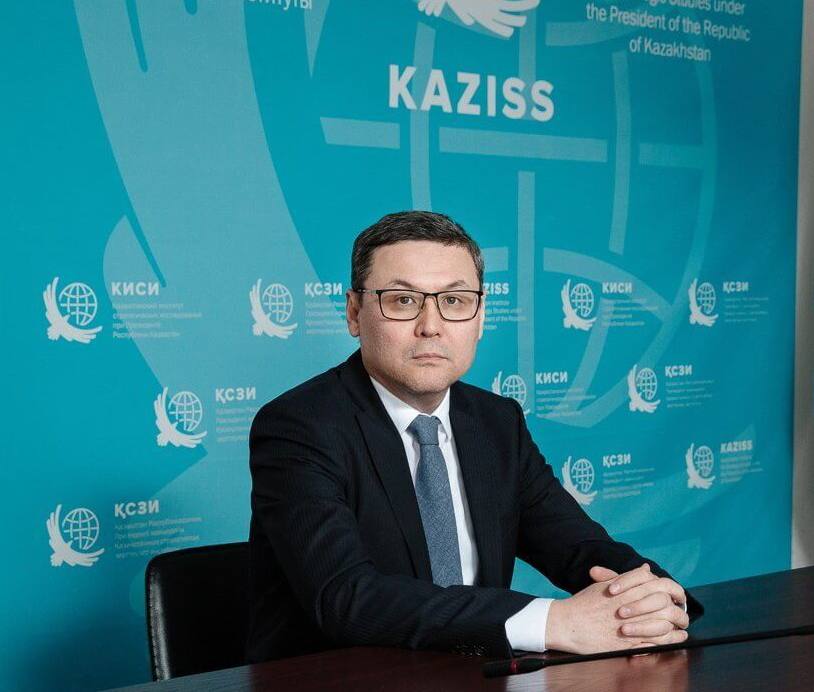ASTANA – Kazakh President Kassym-Jomart Tokayev delivered his state-of-the-nation address on Sept. 1, mainly focusing on the country’s economic development and ways to navigate the complexities of the geopolitical environment while addressing pressing national concerns.

President Tokayev delivered his state-of-the-nation address on Sept. 1. Photo credit: Akorda.
More than 100 ideas and proposals have been voiced in the address, covering a wide range of issues, wrote State Counselor Erlan Karin in his Telegram channel. According to him, the content and nature of the new address fully meet the logic of presidential reforms.
“The address presents a further strategy for the development of Kazakhstan’s economy. Moreover, the presidential initiatives make a kind of game-change, presenting new rules of the functioning of economic branches. It involves changes in the relationship between the central and regional executive powers, as well as the implementation of new tax incentive measures, regulatory laws, and investor collaboration,” wrote Karin.
Director of the Kazakhstan Institute of Strategic Studies Yerkin Tukumov said the address was the strongest Tokayev has ever delivered.

More than 100 ideas and proposals have been voiced in the address, covering a wide range of issues, wrote State Counselor Erlan Karin in his Telegram channel. Photo credit: Akorda.
“I have been present at almost all addresses, and I would say that this is probably one of the strongest. Because the President clearly emphasized that the people are tired of waiting, we need to move on to some concrete solutions. Therefore, all the tasks and goals that were set are not long-term and should be accomplished within a maximum of three years. These are very important initiatives,” said Tukumov, as quoted by Kazinform.
Many of the outlined tasks are not novel and have been reiterated by Tokayev before, according to Kazakh political expert Daniyar Ashimbayev.

Many of the outlined tasks are not novel and have been reiterated by Tokayev before, according to Kazakh political expert Ashimbayev. Photo credit: Ashimbayev’s personal archive.
“A significant part of the instructions voiced in the address represent repeatedly set tasks. There are dynamics, but pragmatism in addressing socio-economic issues is lacking. (…) Judging by yesterday’s report of the government in the Mazhlis, they believe that they have already fulfilled most of the President’s instructions. But the head of state repeatedly brings everyone back to the unresolved fundamental problems and systematically focuses the policy on social tasks,” wrote Ashimbayev in his Telegram channel.
One of the central themes of President Tokayev’s address was the urgent need for economic development and the transition to a new economic model. Kazakhstan has long been dependent on its vast energy resources, primarily oil and gas. But with the changing global energy landscape, Kazakhstan recognizes the necessity of diversifying its economy.
Experts generally agree that while the address sends a strong message of the need for continued reforms, their success still hinges on effective implementation at all levels from villages to cities.
Transition to a knowledge-based economy
Red thread along the address, Ashimbayev noted, is the problem of technological modernization of the national economy. The topic is not new and was repeatedly stressed by Tokayev in his previous public remarks.

For Tukumov, the most important message is the transition to a more sophisticated innovation economy, moving away from raw materials. Photo credit: KazISS press service.
Tukumov is of the same opinion. For him, the most important message is the transition to a more sophisticated innovation economy, moving away from raw materials.
“This has been talked about for a long time. I think we cannot hide the fact that our economy is very vulnerable in terms of the volatility of the international commodity market. We are still a raw material economy. We are very dependent on oil prices, gas prices, and metal prices. Any growth or decline hits our economy hard. And the transition to a more sustainable innovation economy is the only way for a sustainable country to grow and prosper,” he said.
Rare earth metal development
Yersultan Zhanseitov from the Astana-based Institute of World Economy and Politics said one of the most relevant tenets in the address is the development of deposits of rare earth metals.

According to Zhanseitov, the development of rare earth metals opens up new prospects for attracting international investors and technology partners. Photo credit: Zhanseitov’s personal archive.
“There is currently a geopolitical confrontation between two superpowers – the United States and China, for gaining access to rare earth metals, which are essential for the production of high-tech chips,” said Zhanseitov.
Rare earth metals are used in a wide range of products, including electric vehicles, wind turbines, batteries, magnets, and electronic devices. The demand for rare earth metals is expected to grow in the coming years as the world transitions to a more sustainable economy.
Considering this, an effective strategy for developing and exploiting rare earth metals can become a driver behind the economic and social development of the country in the near future.
According to the expert, the development of rare earth metals opens up new prospects for attracting international investors and technology partners. Kazakhstan has a strong mining industry and a skilled workforce, along with a strategic location that gives access to major markets in Europe and Asia.
In July, Astana hosted a forum that gathered representatives from Kazakhstan and the European Union to explore the opportunities in this sector. The EU eyes cooperation with Kazakhstan in the field of rare earth metals, with the Central Asian nation producing 16 metals out of the 30 rare earth materials that are crucial for the EU economy.
Reshuffles and new ministries
Tokayev announced in his address Kazakhstan will have two new ministries – the Ministry of Transport and the Ministry of Water Resources and Irrigation. It demonstrates his recognition of the need for specialized institutions to drive progress in these areas.
Later in the day, he signed a decree reorganizing the ministries, establishing the two ministries as well as the Ministry of Tourism and Sports, the Ministry of Culture and Information, and the Ministry of Industry and Construction. The names of new ministers are expected to be named soon.
Ashimbayev considers this decision to be “sensible.”
“Creating specialized agencies for important issues is, in my opinion, quite a sensible idea. Due to the excessive concentration of multiple issues within one agency, strategic tasks are consistently overshadowed. It is better to have more independent compact structures than large, incomprehensible, irresponsible super-ministries.” he wrote.
Corporate lending
The financial system requires the development of measures that will encourage banks to lend to the real sector rather than to the consumer sector, said Assel Aben, senior expert of the Economic Policy Analysis Department at KazISS.

Assel Aben, senior expert of the Economic Policy Analysis Department at KazISS, cited data from the National Bank, which shows that in July, 60% of all bank loans went to households, amounting to 14.9 trillion tenge ($32.6 billion), while loans to businesses reached 9.9 trillion tenge ($21.6 billion). Photo credit: KazISS.
She cited data from the National Bank, which shows that in July, 60% of all bank loans went to households, amounting to 14.9 trillion tenge ($32.6 billion), while loans to businesses reached 9.9 trillion tenge ($21.6 billion).
Of 21 banks in the country, only a few are engaged in corporate lending. Tokayev tasked the government to ensure annual growth of lending to the real sector at the level of 20% and higher.
“This will be achieved by easing monetary policy and ensuring the stability of the economy. In situations of high uncertainty, second-tier banks are not inclined to provide long-term loans,” said Aben.

